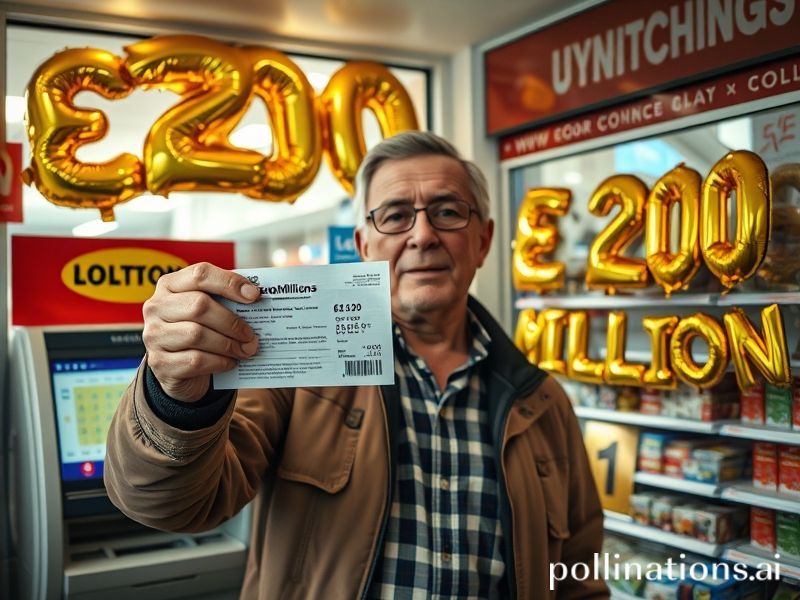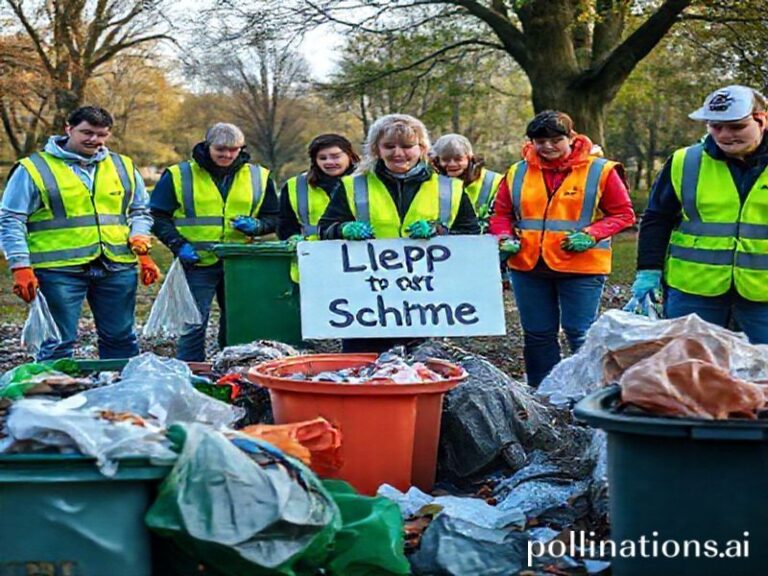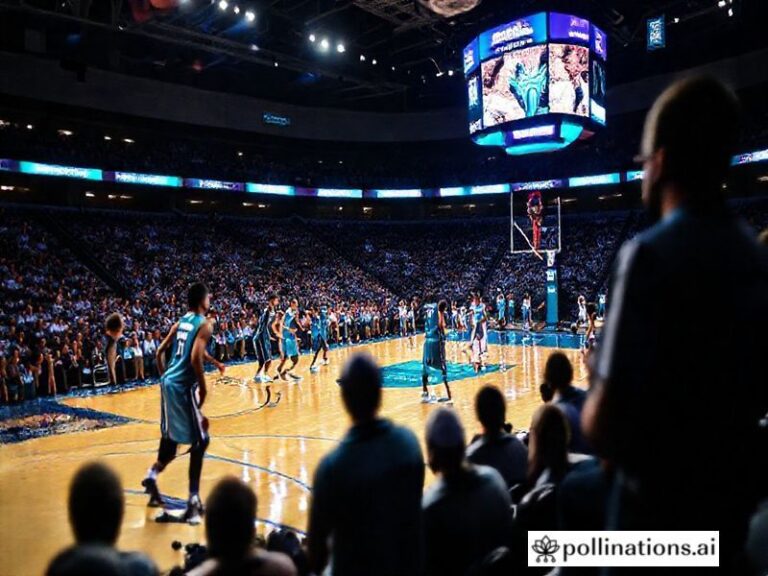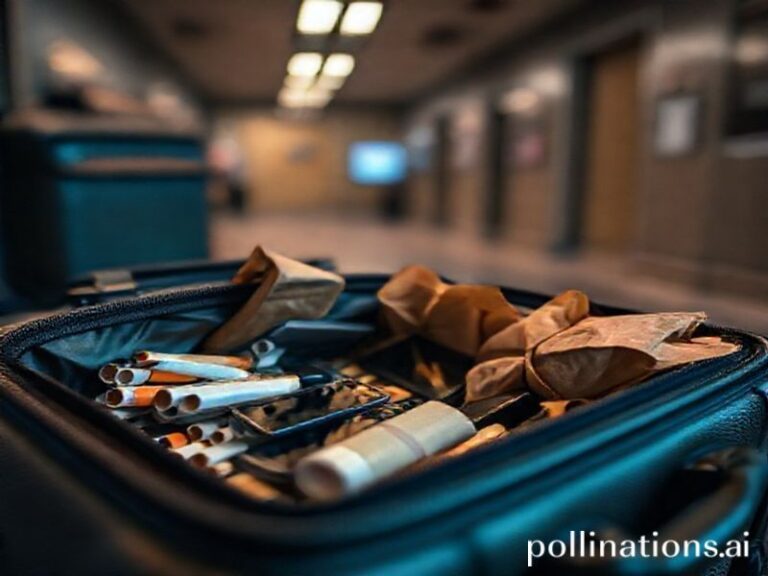EuroMillions €220M Jackpot: How Europe’s Favorite Tax on Hope Unites a Divided Continent
**The Pan-European Pipe Dream: How a €220 Million Jackpot Became the Continent’s Collective Midlife Crisis**
From Lisbon to Ljubljana, millions of Europeans are currently engaged in their favorite form of mathematically-sanctioned delusion: the EuroMillions lottery. This week’s jackpot has ballooned to a modest €220 million—roughly the GDP of a small Baltic nation, or what Amazon saves annually by not providing bathroom breaks.
The transnational lottery, that beautiful testament to human optimism in the face of statistical reality, has once again united a continent otherwise divided by everything from fiscal policy to football hooliganism. For €2.50 a ticket, Europeans from nine participating countries can collectively fantasize about escaping the existential dread of late capitalism—a bargain by any measure, really.
“EuroMillions represents the purest form of European integration,” explains Dr. Marguerite Dubois, a sociologist at the University of Geneva who has spent two decades studying why intelligent people voluntarily set fire to their disposable income. “Where else can you see Spaniards, French, and Brits enthusiastically participating in the same activity without arguing about fishing rights?”
The global implications are, naturally, profound. While Americans squander their hopes on Powerball’s billion-dollar fantasies, Europeans have refined the art of disappointment to a more civilized, continent-wide scale. It’s a uniquely European approach to inequality: rather than addressing systemic issues, why not sell the dream that anyone could become part of the 0.001% for the price of a decent espresso?
The timing couldn’t be more perfect. As Europe grapples with inflation rates that make the Weimar Republic nervous, energy prices that would make a Saudi oil minister blush, and political polarization that would warm Nixon’s heart, nothing quite says “we’ve got our priorities straight” like collectively fantasizing about Scrooge McDuck quantities of cash.
International observers note this phenomenon with the kind of anthropological fascination typically reserved for cargo cults or TikTok dances. “It’s fascinating how Europeans, despite their reputation for sophistication, fall for the same cognitive biases as everyone else,” observes Professor Chen Wei, an expert in behavioral economics at Beijing University. “Though I must admit, their graphic design is superior.”
The jackpot’s global significance extends beyond mere money-grubbing. It represents a form of soft power that America could never achieve—uniting disparate nations through shared disappointment. Brexit Britain may have left the EU, but they’re still desperately clutching EuroMillions tickets like a jilted lover checking their ex’s Instagram. Even the Swiss, who’ve built an entire economy on not participating in things, have joined this continental exercise in wishful thinking.
Meanwhile, the developing world watches with understandable confusion. “Let me get this straight,” says Amara Okafor, a Lagos-based entrepreneur. “Europeans with universal healthcare, functioning infrastructure, and actual social safety nets are the ones praying for miraculous wealth? My village has been waiting for clean water since 1987.”
The real winner, of course, is the lottery consortium itself, which has mastered the art of selling hope by the gram. They’ve created a perfect machine: extracting wealth from millions, returning a fraction to one lucky winner, and calling it philanthropy. It’s essentially GoFundMe for the middle class, but with better marketing and worse odds.
As the draw approaches, Europeans will queue at tobacco shops and newsstands, clutching their tiny paper promises like medieval indulgences. They’ll check their numbers with the solemnity of a papal conclave, experience 3.7 seconds of crushing disappointment, then begin planning next week’s strategy conversation.
Because in the end, EuroMillions isn’t about winning—it’s about buying permission to dream for a few days. And really, in a world where everything from housing to heating has become a luxury good, €2.50 for a fantasy seems almost reasonable. Almost.







